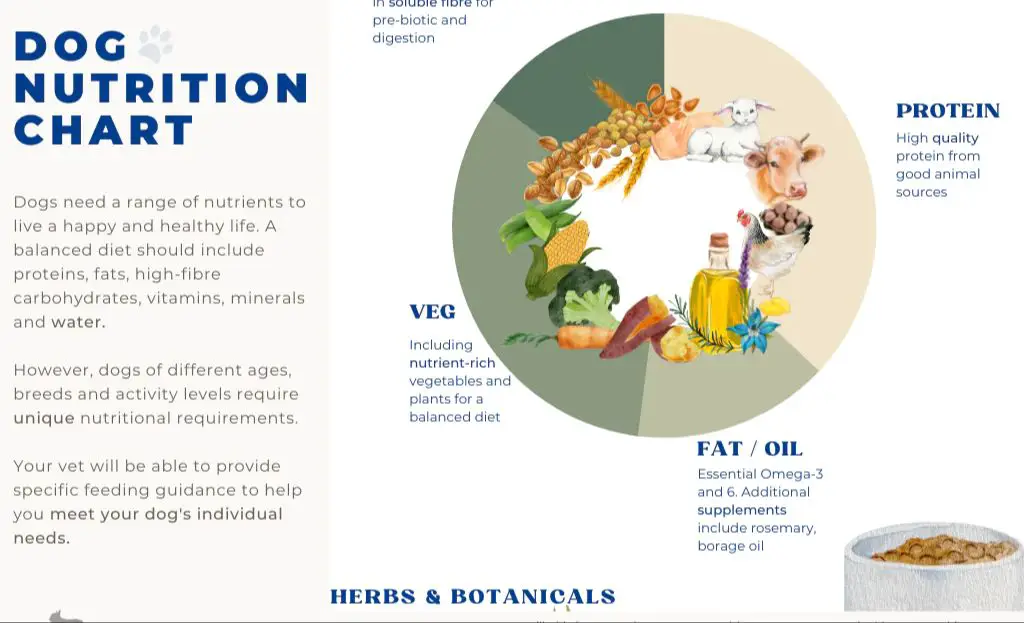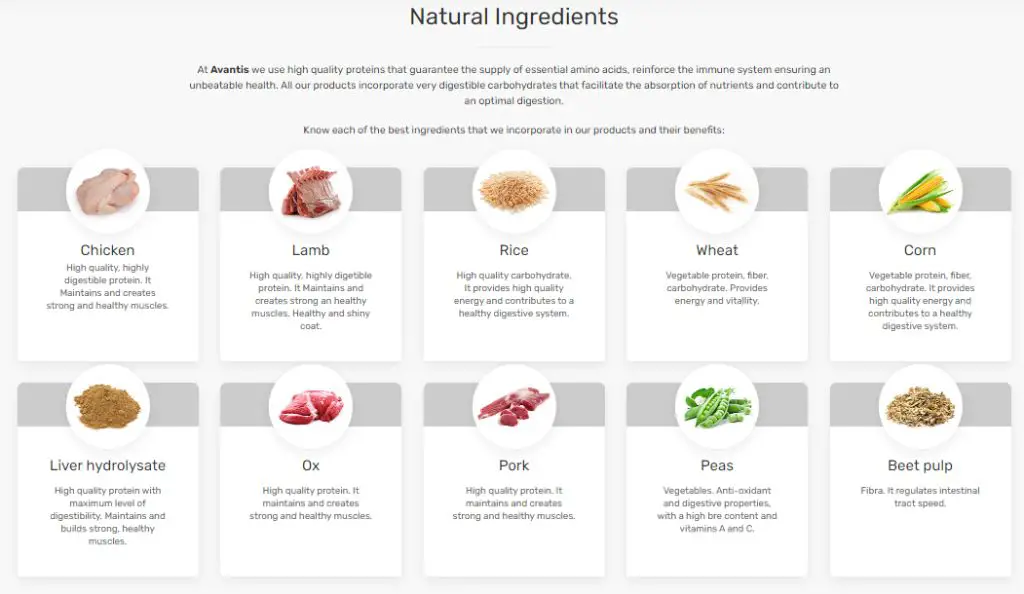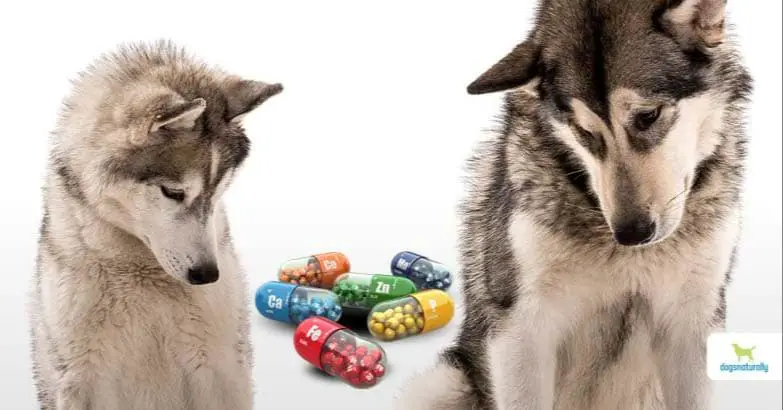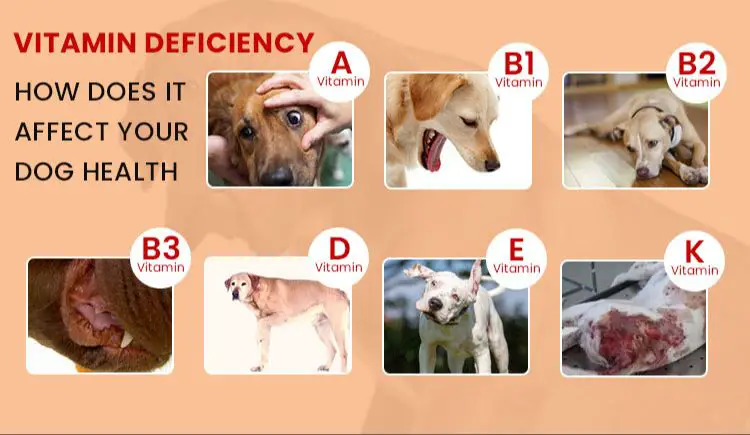The Importance of Dog Nutrition and Health
Proper nutrition is essential for keeping dogs healthy and active. Like humans, dogs need a balanced diet with all the necessary vitamins, minerals, and nutrients. In today’s world, however, there is a debate around whether dogs need additional vitamin supplements beyond a natural diet.
On one hand, many commercial dog foods are fortified with synthetic vitamin mixes. Vitamin supplements can help fill nutritional gaps, especially for picky eaters. On the other hand, most healthy dogs can get all their vitamin needs from a varied, whole food diet. Excess synthetic vitamins also carry potential health risks.
In this article, we’ll dive into the pros and cons of synthetic versus natural vitamin sources for dogs. We’ll look at signs of deficiency and toxicity, when supplements may be warranted, and how to ensure your dog’s nutritional needs are met through their diet.
(Source: https://pet-health-guide.com/dog-health-care/dog-nutrition/)
Dog Nutritional Needs
Dogs require a balance of macro and micro nutrients to stay healthy. The main macronutrients dogs need include proteins, fats, and carbohydrates. Proteins provide amino acids that are essential for building and repairing muscles and organs. Fats provide fatty acids and aid in the absorption of fat-soluble vitamins. Carbohydrates provide glucose, which is the primary energy source for a dog’s brain and central nervous system.
Micro nutrients like vitamins and minerals are also crucial. Some essential vitamins for dogs include vitamins A, B, C, D, E, and K. Important minerals include calcium, phosphorus, sodium, potassium, iron, and zinc. Deficiencies in any of these can lead to health issues 1.

There are some key differences between human and canine nutritional requirements. For example, dogs have a higher protein requirement compared to humans. Dogs also need more calcium for bone development and growth. Additionally, dogs can synthesize some vitamins like vitamin C that humans cannot, so supplementation is not necessary 2.
Natural Sources of Vitamins
Dogs can obtain essential vitamins from natural sources in their diet. Some of the most important vitamins for dog nutrition that come from wholesome ingredients include:
Vitamin A – Found in liver, carrots, sweet potatoes, spinach, fish oil. Benefits include eye health, immune function, skin/coat health.
Vitamin D – Found in fatty fish, egg yolks, organ meats. Needed for bone health and calcium absorption.
Vitamin E – Found in vegetable oils, nuts, seeds, spinach, broccoli. An antioxidant that protects cells from damage.
Vitamin K – Found in leafy greens, broccoli, asparagus, oats. Important for blood clotting and bone health.
B Vitamins – Found in eggs, organ meats, whole grains. Help metabolize food into energy and maintain healthy skin/coat.

Getting vitamins from quality whole food sources allows dogs to benefit from natural cofactors not found in synthetic isolates. Whole foods also provide a balanced set of nutrients important for overall health and vitality.
Synthetic Vitamin Supplements
There are a variety of synthetic vitamin supplements marketed for dogs. Some common synthetic vitamin supplements include:
- Vitamin A supplements
- Vitamin D supplements
- Vitamin E supplements
- Vitamin K supplements
- Vitamin B complex
- Vitamin C supplements
Proponents argue synthetic vitamins can provide the following potential benefits for dogs:
- Make up for any deficiencies in a dog’s regular diet
- Support a dog’s immune system
- Improve skin, coat, bone, and joint health
- Boost energy levels
- Support vision, cognition, and brain development
However, the benefits of supplements depend on the individual dog and whether they actually have any vitamin deficiencies that need to be addressed.
Risks of Synthetic Vitamins
Synthetic vitamins and minerals come with potential risks and side effects if over consumed. Many studies have shown that consuming too many synthetic vitamins can lead to toxicity and harmful health effects in dogs. Some of the dangers of synthetic vitamin overdose include:

– Vitamin A toxicity – Can cause joint disorders, liver and spleen enlargement, bone deformities, and dry skin and coat in dogs when over consumed.
– Vitamin D toxicity – Excess vitamin D can lead to calcium deposits in soft tissues such as heart, lungs, and kidneys. It can also cause muscle tremors and vomiting.
– Iron toxicity – Too much iron can damage the gastrointestinal tract lining. It can also increase risk of infections.
Consuming extremely high doses of certain synthetic B vitamins like vitamin B3, B6, and folic acid could potentially lead to nerve damage in dogs. Too much calcium from supplements can also disrupt calcium homeostasis and lead to skeletal problems.
It’s important to follow dosage guidelines carefully and not over supplement synthetic vitamins, as the effects of toxicity can be quite serious. Consulting with a veterinarian is recommended when giving any vitamin supplement to dogs.
When Supplements May Be Needed
While most dogs can get all the vitamins and minerals they need from a complete and balanced diet, there are some situations where supplements may be beneficial or even necessary:
Sick dogs or dogs with certain medical conditions may have increased nutritional needs that a regular diet cannot meet. For example, dogs with gastrointestinal disorders may not be properly absorbing nutrients, and may need supplementation. Dogs with kidney disease often require dietary changes and supplements like potassium and omega-3s (1).
Picky eaters or dogs who go off their food periodically may have periodic vitamin deficiencies. Adding a multivitamin can help fill nutritional gaps (2).
Pregnant and lactating females have increased nutritional needs that often require supplementation, especially of vitamins A, E, B vitamins, folic acid, and iron (3).
Growing puppies also have higher nutritional needs, and a puppy formulated vitamin can help support development (1).
Dogs with certain genetic conditions, orthopedic issues like hip dysplasia, or those recovering from injuries/surgery may also benefit from supplementation tailored to their needs.
In general, it’s a good idea to discuss supplementing with your veterinarian, especially if your dog has any health conditions. They can recommend if supplements are needed and which ones are appropriate.
(1) https://www.webmd.com/pets/dogs/features/dog-vitamins-and-supplements
(2) https://www.petmd.com/dog/nutrition/what-are-dog-supplements-how-do-they-work
(3) https://www.akc.org/expert-advice/nutrition/vitamins-dogs-need-healthy-lifestyle/
Dos and Don’ts
When giving your dog vitamins and supplements, it’s important to follow proper dosage guidelines to avoid potential toxicity. Here are some dos and don’ts:
Do:
- Consult with your veterinarian before starting any new supplements, especially if your dog has any medical conditions.
- Read and follow label instructions carefully.
- Give the proper dosage amount based on your dog’s weight.
- Split daily dosages into two smaller doses given 12 hours apart if indicated.
- Give vitamins with meals unless otherwise directed.
- Store supplements properly to avoid degradation.
Don’t:
- Exceed the recommended dosage on the label.
- Give your dog multiple supplements without vet approval.
- Give human supplements without first checking safety for dogs.
- Give vitamins on an empty stomach if they may cause nausea.
- Give bones or calcium supplements at the same time as other vitamins.
Following dosage guidelines carefully is crucial when supplementing your dog’s diet to provide health benefits without causing harm. Consult with your vet if ever in doubt.
Signs of Deficiency
Dogs who lack certain vitamins can develop various symptoms and health issues. According to OYEN and PuppyMicky, common signs of vitamin deficiencies include:

Vitamin A deficiency can lead to eye problems, poor growth, skin issues, and reproductive problems. Symptoms include night blindness, dry eyes, poor coat quality, and skin infections 1.
Vitamin D deficiency causes rickets in puppies and osteomalacia in adults. Symptoms include bone pain, deformities, fractures, and muscle weakness 2.
Vitamin E deficiency can damage red blood cells and nerves. Signs include anemia, poor coordination, muscle weakness, and infertility.
Vitamin B2 (riboflavin) deficiency leads to skin lesions and oily skin with a strong odor. Other symptoms are dermatitis, hair loss, and diarrhea.
Detecting and correcting vitamin deficiencies early is important to avoid long-term health consequences in dogs.
Signs of Toxicity
Consuming too many synthetic vitamins can cause toxicity and harmful side effects in dogs. Some common symptoms of vitamin overdose include:
- Vomiting
- Diarrhea
- Loss of appetite
- Increased thirst and urination
- Lethargy
- Irritability
- Muscle tremors
- Skin irritation
Vitamin toxicity can lead to serious health complications depending on the vitamin consumed in excess. For example, vitamin A toxicity can cause bone deformities and liver damage. Excess vitamin D results in a buildup of calcium which can cause kidney failure and heart issues. Too much vitamin B6 may create neurological problems. It’s important to be mindful of proper dosing when giving synthetic vitamin supplements.
Conclusion
Your dog’s health and nutrition should be balanced for them to thrive. While synthetic vitamins may seem like an easy solution, natural sources of nutrients tend to be safer and more bioavailable. Vitamins from whole foods provide greater benefit with less risk of toxicity.
That said, supplements can sometimes be warranted if your dog has certain deficiencies or health conditions. Work with your veterinarian to determine if supplements make sense for your pup. Get their vitamin levels tested before starting supplements to avoid overdoing it.
The bottom line is moderation. Neither an excess nor deficiency of any vitamin is ideal. Do your research on your dog’s needs, and aim to meet them through a healthy, balanced, whole food diet. Supplement when necessary, but don’t use synthetics to replace real nutrition.
With thoughtful care and nutrition, your dog can get all the vitamins they need to live their healthiest, happiest life.
